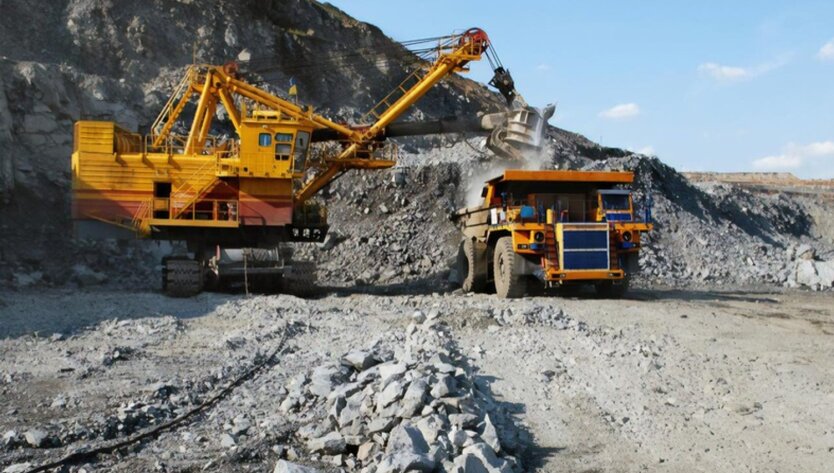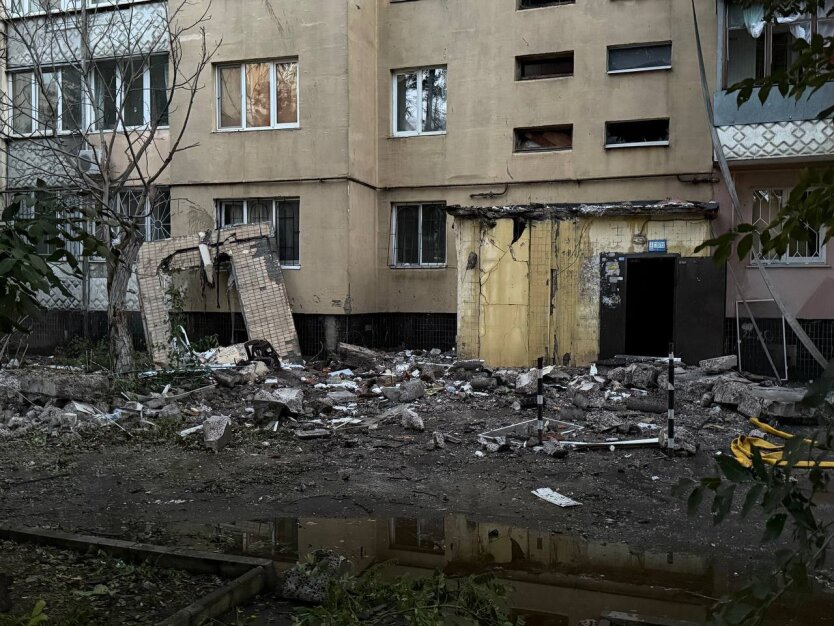The Price of Independence: Trump Poses Tough Conditions on Ukraine.


The U.S. government unexpectedly changed the terms of a previously agreed deal regarding Ukraine's subsoil, which effectively limits Ukraine's economic sovereignty.
The new 58-page proposal requires Ukraine to compensate American aid amounting to about $123 billion received after the Russian invasion. This was reported by the Economic Pravda.
U.S. Treasury Secretary Scott Bessen stated that a completed document has been submitted and hopes to receive signatures next week. However, the proposed agreement has significant discrepancies compared to previous arrangements.
The main conditions of the new agreement stipulate that Ukraine must compensate American aid of about $123 billion received after the Russian invasion. Furthermore, the debt amount will increase by 4% each year, creating a so-called 'debt counter' for Ukraine.
The document envisages the creation of an 'American-Ukrainian Investment Fund for Reconstruction and Development,' where the U.S. will have almost complete control. The American side gains exclusive rights to develop Ukraine's subsoil - from minerals to natural gas. Ukraine will only be able to offer deposits to other investors if American companies completely refuse.
One particularly controversial provision is the trade restrictions. Ukraine must ban the sale of critically important minerals to countries that the U.S. designates as strategic competitors. This may create serious obstacles for European integration, as the European Union could potentially be defined as such a competitive jurisdiction.
In the management of the Fund, Ukraine effectively loses its voting rights. Most representatives on the board will be from the U.S., and candidates from Ukraine must undergo prior approval from the American side.
President Volodymyr Zelensky called such conditions unacceptable. 'I do not want the U.S. to have the impression that Ukraine is against everything. We constantly show our positive signals,' he commented on the situation.
Currently, the Ukrainian side does not plan to openly refuse, as this may have negative political consequences. Instead, the government is working on an alternative version of the document, as close as possible to the text agreed upon on February 28.
Experts are unanimous: the proposed agreement has virtually no chance of ratification in the Verkhovna Rada due to the overly harsh conditions for Ukraine. Currently, consultations are taking place between the Ukrainian and American sides to find an acceptable compromise.
Earlier, WSJ reminded of a dangerous precedent concerning oil extraction.
Read also
- Occupants have reduced the number of assaults in the Sumy direction
- Ukrainians' parcels can be confiscated: how to avoid losing your desired goods










